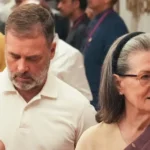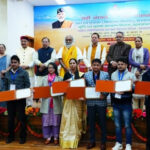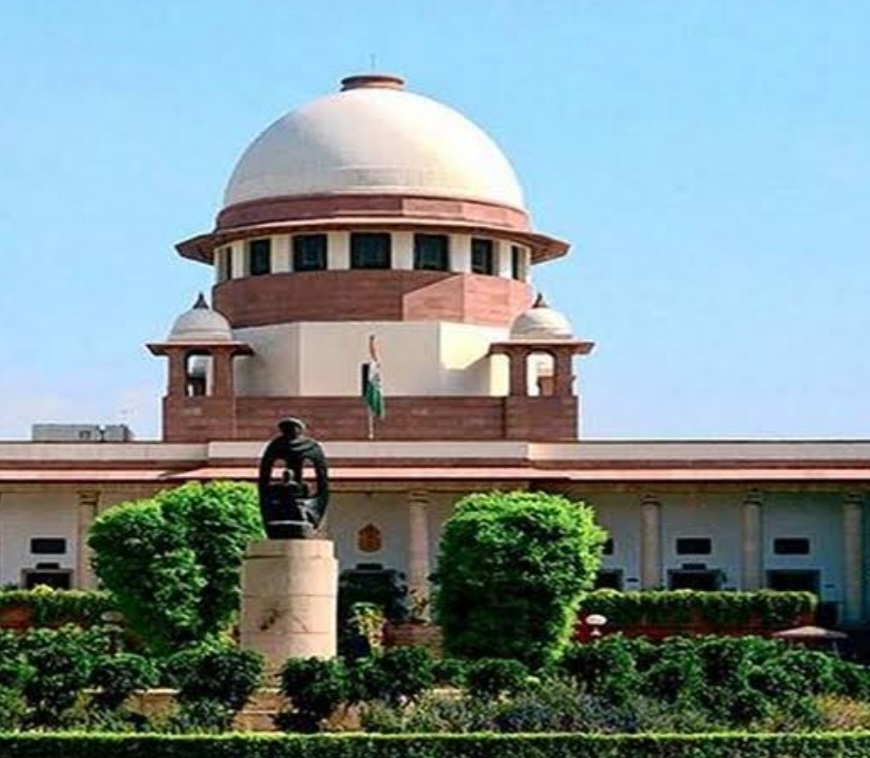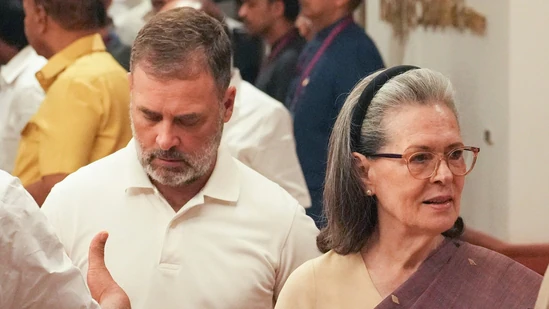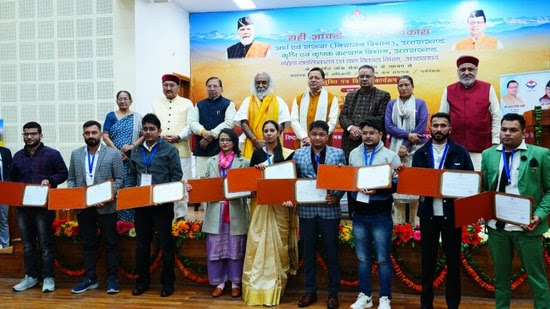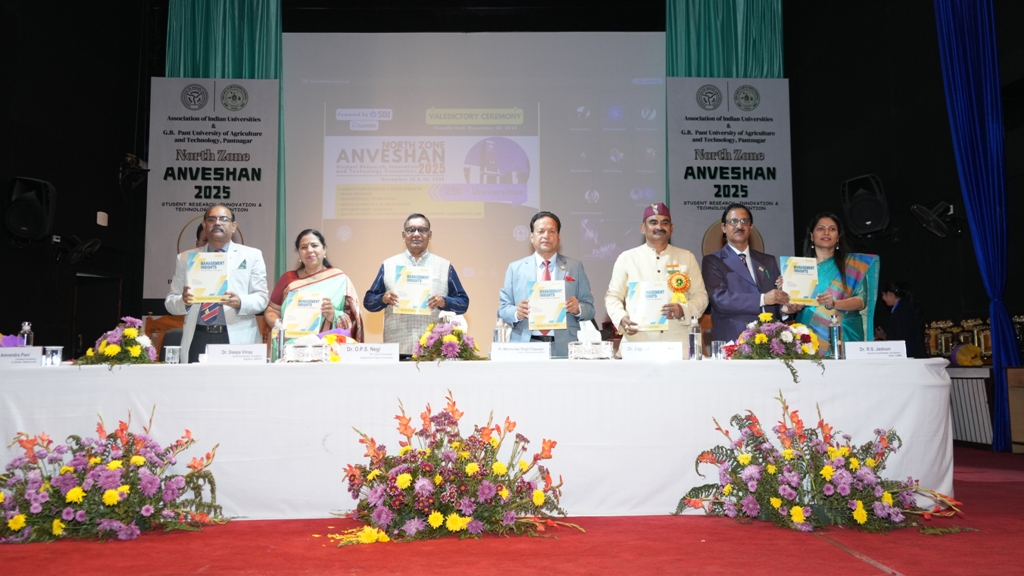Himalaya Harbinger, Rudrapur Bureau
In a moment that restored his fading hopes, 18-year-old Atul Kumar stood before the Supreme Court on Monday as a three-judge bench led by Chief Justice of India (CJI) Dhananjaya Y Chandrachud delivered a verdict that would change the course of his life. Denied admission to IIT-Dhanbad for missing a fee payment deadline by mere minutes, Atul’s future had seemed bleak. But in an extraordinary move, the apex court exercised its special powers to ensure that the talented young boy from a marginalised community would not lose his hard-earned seat.
The bench, also comprising justices JB Pardiwala and Manoj Misra, ordered the IIT seat allocation authority to admit Atul into the electronics engineering programme at IIT- Dhanbad, recognising Atul’s remarkable potential and the hardships he had endured due to financial constraints.
We are of the view that a talented student like the petitioner, who also belongs to a marginalised section, cannot be left in the lurch. The power under Article 142 has to be used to do justice in cases like these,” held the bench, ensuring that Atul’s journey would not end due to a lack of ₹17,500. It added that if needed, IIT will add a new seat to accommodate Atul in the current batch and that he would also be eligible to hostel facilities.
Atul, present in the courtroom during the hearing, remained composed as the bench examined his case. His story had already garnered significant attention – an 18-year-old Dalit boy from Muzaffarnagar, Uttar Pradesh, who had cleared one of the toughest entrance exams in India but missed the chance to pay the acceptance fee by a few minutes. His family, struggling with severe financial constraints, had cobbled together the money by borrowing from neighbours. But the online portal for IIT-Dhanbad logged him out just before he could complete the payment.
In court, the IIT counsel raised objections, claiming that Atul had been idle on the website for two hours, suggesting negligence. But the bench was quick to dismiss this claim, instead pointing out the more pressing issue: “The boy simply did not have the money in time. If he had ₹17,500, why would he not pay? This is the last thing he would do to lose his seat,” the CJI retorted.
Throughout the proceedings, the bench expressed its intent to do justice. CJI Chandrachud, known for his sensitivity in such cases, remarked: “Some places, teachers help; some places, judges help.” The bench made it clear that they were not just addressing the legal technicalities but ensuring that Atul’s potential was not wasted.
At the end of the hearing, the CJI, with a smile, addressed Atul directly: “All the best! Achha kariye (Do well),” wishing him success in the journey that now lay ahead. With a smile of his own and folded hands, Atul expressed his gratitude to the court, acknowledging that the verdict had saved not just his academic future, but his family’s hopes as well.
Atul’s legal journey had been a difficult one. Initially, he approached the Jharkhand high court, which suggested filing a petition in the Madras high court since IIT Madras was the JEE Advanced exam conducting authority for this year. After delays and uncertainty, Atul turned to the Supreme Court, where his case was taken up with urgency.
His lawyers Amol Chitale and Pragya Baghel drew on the parallels with a 2021 case where another Dalit student, Prince Jaibir Singh, had been allowed admission to IIT Bombay after missing a payment deadline.
Chitale emphasised that for Atul and his family, the decision was a lifeline. His father, a part-time tailor and daily wage labourer, had always emphasised education despite their financial hardships. With one brother already studying at IIT-Kharagpur and another at NIT Hamirpur, the family had pinned their hopes on Atul’s success, the lawyer pointed out during the proceedings.
Now, with the Supreme Court’s intervention, their dreams are back on track. After the order, Atul left with a renewed sense of hope.
“Our dream train was off the track for some time but with the Supreme Court’s intervention and exercise of its power under Article 142, it is back on track,” said Atul, adding he now wishes to move forward, ready to embrace the opportunity that almost slipped through his fingers.
